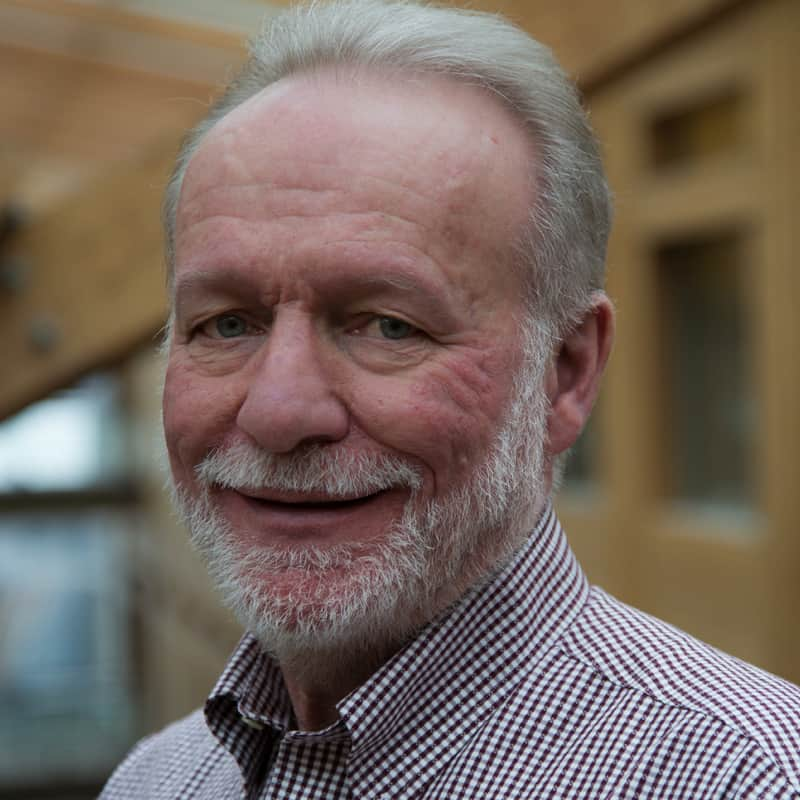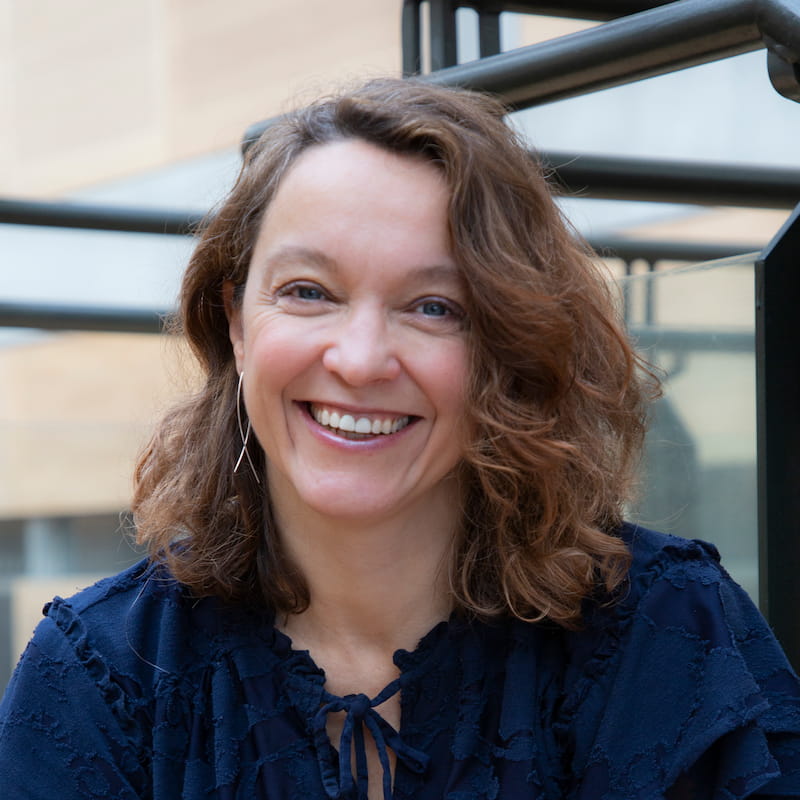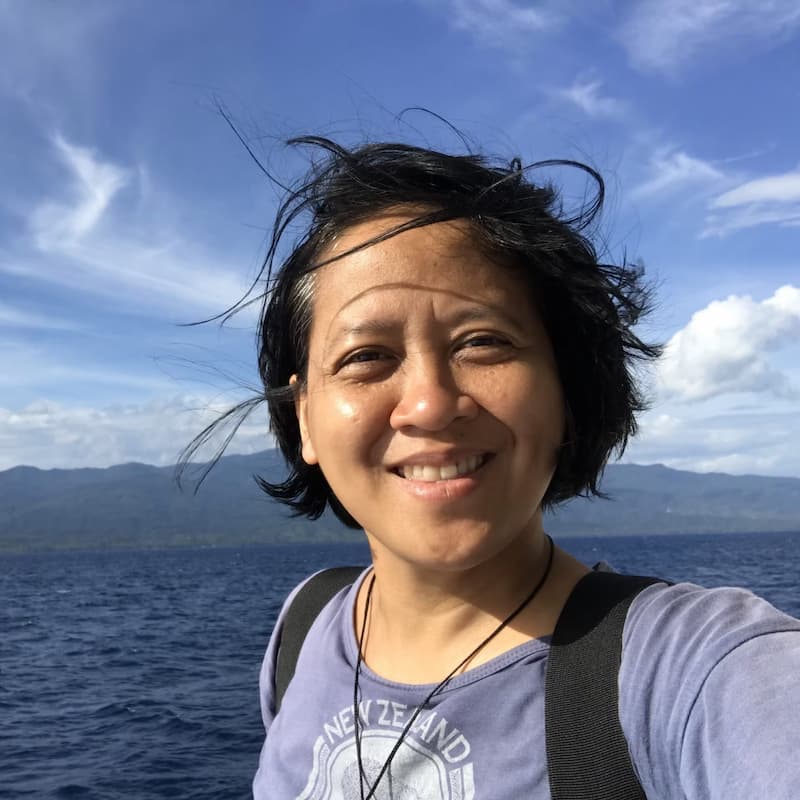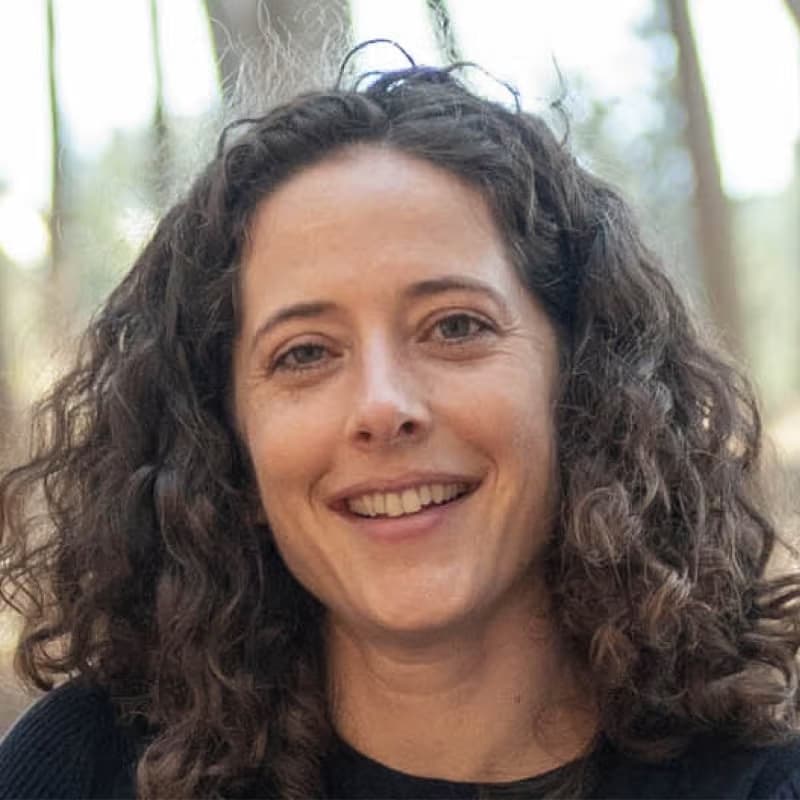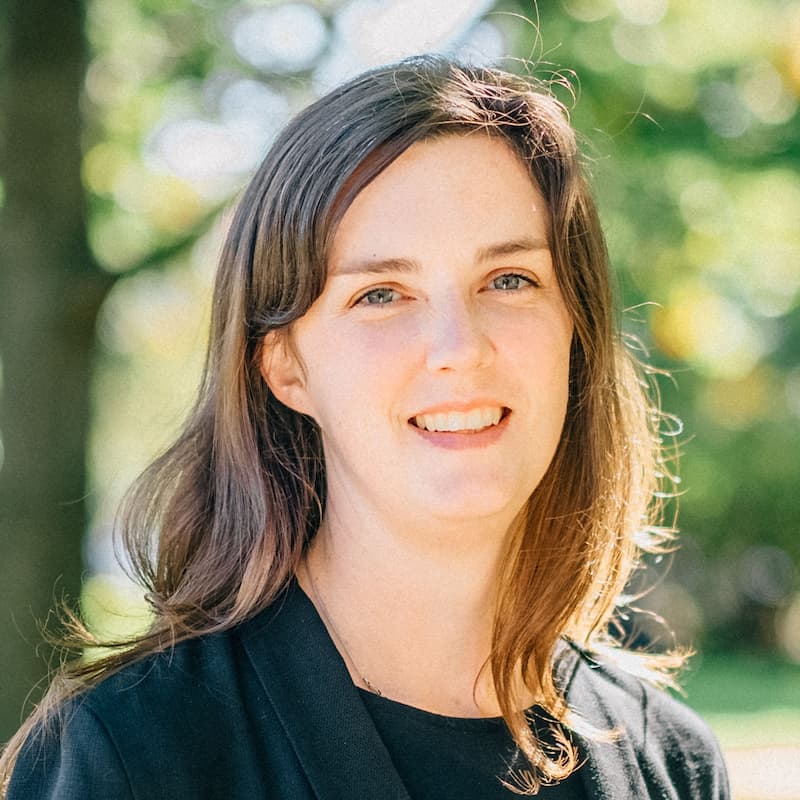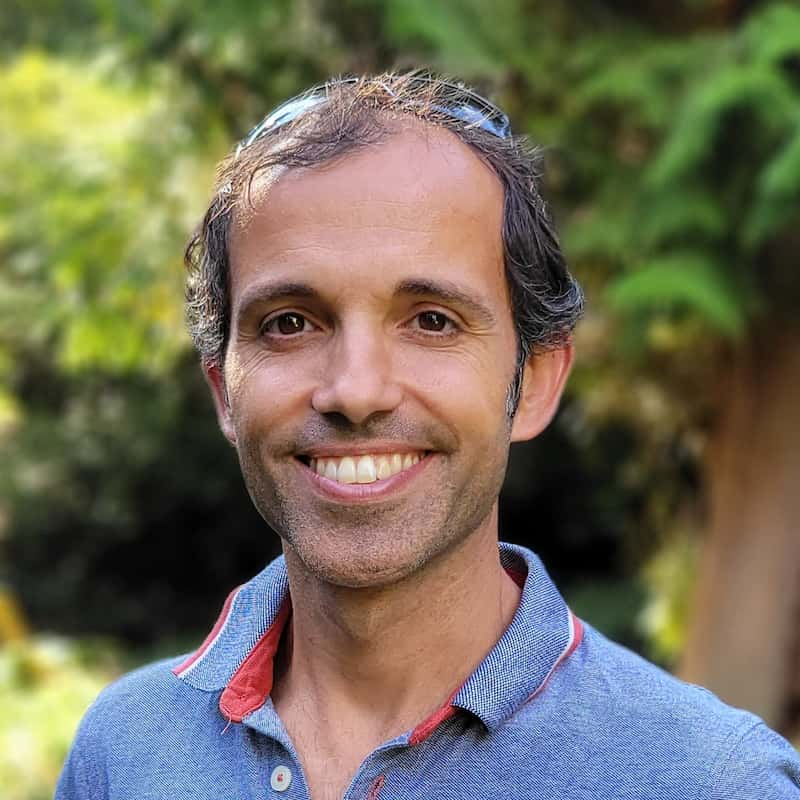Projects
1. Summary: Secondary metabolism; Plant defense against insects and insect-associated pathogens; Forestry and grapevine genomics
Research in my group is developing a genomic and functional biochemical characterization of conifer defense systems that are active against insect pests and insect-associated fungal pathogens. Some of this research is based on our studies of the molecular biochemistry of plant terpenoid secondary metabolism (see below). Our research has laid the foundation for Canada’s first large-scale forestry genomics program (Treenomix, www.treenomix.com; funded by Genome Canada, Genome British Columbia and the Province of British Columbia) of which I have been a project leader since 2001. With the Treenomix project I have extended my program to include research on poplar as a model system for tree biology. My lab has been leading genomics research on defense against insects in long-lived, woody plants.
2. Research on the molecular genetic, biochemical, and chemical characterization of terpenoid defenses in conifers and poplars against insect pests and pathogens; Terpenoid synthases and cytochrome P450 enzymes
Insect pests and pathogens cause annual losses of billions of dollars to conifer-based forest economies in North America and Europe. To address this issue, my group has established a program on the molecular genetic and biochemical characterization of chemical defenses in conifers. As some of the oldest and longest living plants, conifers have evolved complex, terpenoid-based defense mechanisms against insect herbivores and pathogens.
3. Forestry Genomics: Treenomix, Canada’s first large-scale forestry genomics project (2001 – 2005); Conifer Forest Health Genomics (since 2006) funded by Genome Canada, Genome British Columbia, and the Province of British Columbia
Our studies on chemical defense against insects and pathogens in conifers and poplars provided a biological and functional foundation for Canada’s first large-scale Forestry Genome project “Treenomix”(www.treenomix.com) and a new genomics project, “Conifer Forest Health”.
4. Bark beetle pheromone de novo biosynthesis
Bark beetles use a complex pheromone communication system in the successful attack of conifer host trees. Myrcene is an acyclic monoterpene that has long been associated with pheromone synthesis in pine bark beetles (e.g. the pine engraver, Ips pini). The logical source of myrcene for bark beetle pheromone biosynthesis has been the oleoresin of the host pines. Monoterpene synthases, which convert geranyl diphosphate to monoterpenoid natural products, have been frequently characterized from conifers and other plants.
5. Molecular biochemistry and genomics of floral scents and fruit flavor and aroma
In collaboration with Dr. Natalia Dudareva (Purdue University, USA), my lab has contributed to the discovery of floral scent genes in snapdragon (Antirrhinum majus) and identified biochemical functions of the encoded enzymes and biochemical and molecular mechanisms of terpenoid floral scent emission in this system.
6. Functional genomics of terpenoid in Arabidopsis thaliana
While research on conifers and forest health is the major activity of my program, my group is also studying a few selected aspects of low molecular weight terpenoids in Arabidopsis thaliana. Based on a genomics approach, we started identification and functional characterization of TPS genes involved in secondary metabolism in Arabidopsis. In a systematic analysis of the Arabidopsis genome sequence we discovered a surprisingly large family of terpene synthase (AtTPS) genes in this model plant system. The genome-wide analysis of the AtTPS gene family provided novel insights into genome organization and evolution of the plant TPS gene family.
7. Collaborations, Funding, Facilities
Our research projects involve national and international collaborations, several of which are mentioned in the summary of research (see above).
Funding for our research is from the Natural Sciences and Engineering Research Council of Canada (NSERC) through its Discovery and Strategic programs and student and postdoctoral fellowship programs, the Canadian Foundation for Innovation (CFI), the British Columbia Knowledge and Development Funds (BCKDF), Genome Canada, Genome BC, the Province of British Columbia, and other sources.
My group uses laboratory space in the new Michael Smith Laboratories, in the adjacent National Centre of Excellence (NCE), and in the Forest Sciences Centre. We have modern equipment and facilities for genomics, microarray gene expression profiling, proteomics sample preparation, plant molecular biology, enzyme biochemistry, and analytics. Together with Dr. Hennie van Vuuren, UBC Wine Research Centre, I have developed a dedicated mass spectrometry laboratory for analysis of small molecules (e.g. plant secondary metabolites, signaling compounds) equipped with new GC/MS, GC/FID, radio-GC, and LC/MS instruments.


